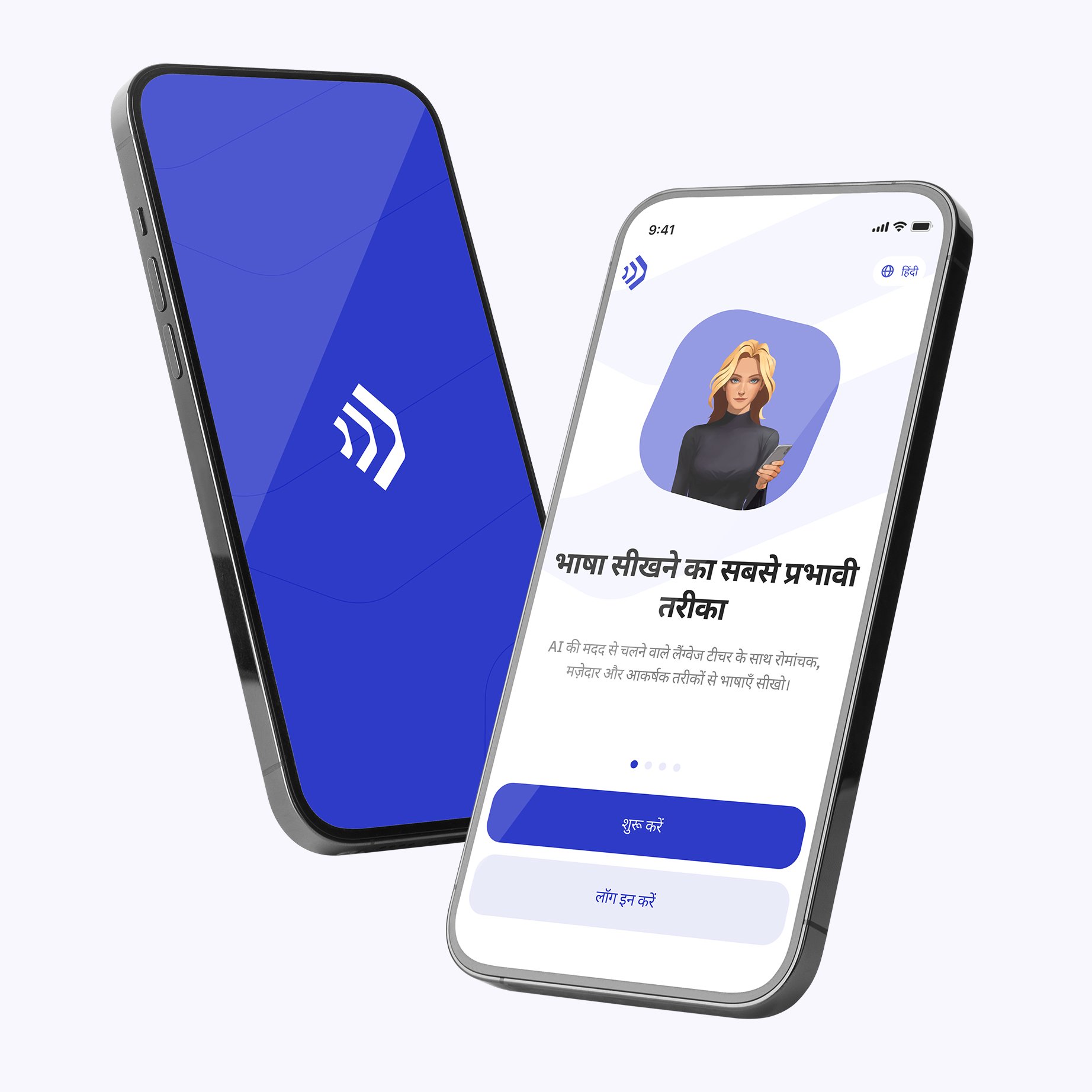परिचय:
भविष्य काल (Future Tense) अंग्रेजी व्याकरण में भविष्य की घटनाओं या क्रियाओं का वर्णन करने के लिए प्रयुक्त होता है। जब हम किसी समय के संदर्भ में भविष्य की क्रियाओं की चर्चा करते हैं, तो हमें फ्यूचर टाइम क्लाउज़ेस का प्रयोग करना पड़ता है। इस प्रकार के वाक्य हमें यह समझने में मदद करते हैं कि कोई क्रिया किसी अन्य क्रिया के होने से पहले, बाद में या उसी समय होगी। इन व्यायामों के जरिये, आप अंग्रेजी भाषा में फ्यूचर टाइम क्लाउज़ेस का प्रयोग करने में सक्षम होंगे।
अभ्यास 1: फ्यूचर टाइम क्लाउज़ेस के साथ वाक्य पूर्ण करें
I will call you when I *arrive* (verb).
She is going to start cooking before they *come* (verb).
Once you finish your homework, you can *go* (verb) out to play.
Don’t forget to turn off the lights after everyone *has left* (phrase).
As soon as it starts raining, we *will leave* (phrase).
Please send me the report when it *is ready* (phrase).
We *will not start* (phrase) the meeting until he arrives.
If it *is* (verb) sunny tomorrow, we can go to the beach.
They *will call* (phrase) us as soon as they get to the hotel.
By the time you get there, the store *will have closed* (phrase).
The movie *will begin* (phrase) as soon as the commercials end.
I promise I *will visit* (phrase) you the next time I’m in town.
Before he goes to sleep, he always *reads* (verb) a book.
You need to wake up early if you *want* (verb) to catch the bus.
He *won’t leave* (phrase) until you tell him the truth.
अभ्यास 2: भविष्य काल के संयोजक वाक्यों के साथ वाक्य पूर्ण करें
I’ll wear my sunglasses if it *is* (verb) bright outside.
When the bell rings, the students *will stand* (phrase) up.
Before I go to the grocery store, I *will make* (phrase) a shopping list.
Until you decide what to do, we *will wait* (phrase) here.
He *will not understand* (phrase) unless you explain it to him.
As soon as you hear the news, please *call* (verb) me.
They *are going to travel* (phrase) around Europe after they graduate.
She *will buy* (phrase) a new car when she saves enough money.
You must *finish* (verb) your project before Friday.
If I do well on my test, I *will treat* (phrase) myself to a movie.
When you see John, remind him that he *owes* (verb) me a call.
Before the presentation begins, we *will review* (phrase) all the materials.
Until the timer goes off, the cake *must stay* (phrase) in the oven.
I *will not go* (phrase) to the party if I have to work late.
He’s planning to propose to her the moment she *arrives* (verb).










